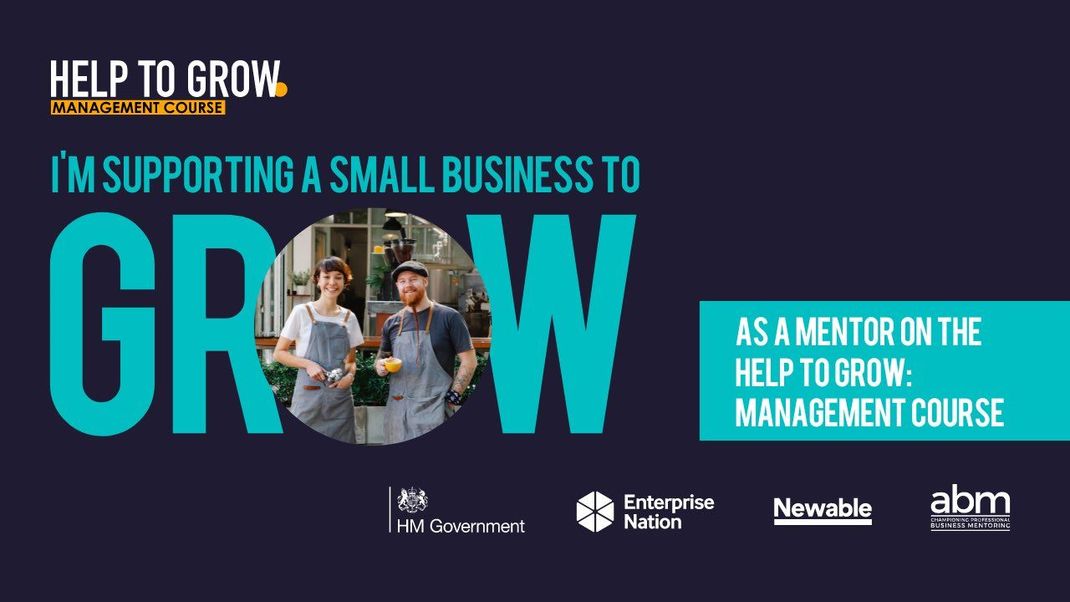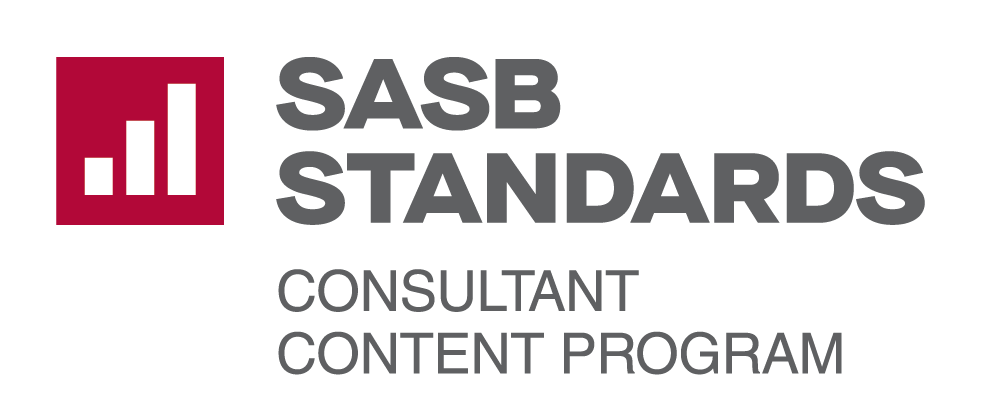by Monica Pahwa
•
4 November 2024
The global COVID-19 pandemic has permanently changed the way brands engage with their customers. As people comply with stay-at-home orders, they have no longer been shopping in stores, travelling, visiting financial institutions, events, meetings in person, or leaving their homes much at all. Instead, they have increased their reliance on e-commerce, home delivery, subscription services, and staying local. In response, brands are shifting their focus (and budgets) from acquiring new customers to retaining and cultivating loyalty in existing customers. Even so, “business as usual” is anything but usual. The recent Government announcement and an uncertain future make it difficult for organisations to predict how to adapt. There is one clear outcome though from the recent pandemic and that is that a pivot to digital is a clear winner through the uncertainty and the current prediction is that that won’t change. Gradually digitising operations is no longer enough. Let’s look at how a few industries have been impacted dramatically by these shifts, and how any organization can move quickly to a digital-first business. Dramatic 2020 Pivots Become Permanent Those accelerating their digital transformation most significantly in response to Covid-19 were tech companies (78%), followed by energy (77%), healthcare (74%), construction (71%) and retail (70%). Notably, however, the greatest acceleration in digital communications has been seen by construction businesses (8.1 years) and energy (7.2 years), while retail and e-commerce organisations report an average acceleration of 6.1 years. Retail - With stay-at-home orders and gradual reopening plans, retailers were one of the most impacted industries by coronavirus. Even still, online sales increased during the pandemic. Many wary consumers still aren’t sure when they’ll return to stores, so online remains their primary shopping channel. Higher Education - Equally impacted is higher education. Some universities have reopened this school year with restrictions, while others are entirely virtual. Some are embracing hybrid models to give students flexibility. Many question marks still linger about a second wave of the virus and what will happen with a potentially fully digital instruction model. In these cases, replicating the in-person experience with a personalized, online education will be crucial. Finally, on the front lines of the pandemic, the healthcare industry has been under pressure to deliver more services to consumers via telehealth and online sources. With a surge in demand on under-resourced and understaffed GP surgeries and hospitals, online services present an opportunity to respond to patients needs virtually, thereby saving time and effort on both the medical practitioner and the patient. Beyond these industries alone, nearly every organization has been impacted by the 2020 digital transformation rush. Those that have not made moves to adapt stand to lose market share to competitors, suffer customer retention and loyalty fallout. 3 Strategies for Pivoting to Digital-First The organisations who have adapted best to rapid digital transformation have three things in common: They look at data from their current customer base to drive change. They use personalisation to replicate in-person experiences. They’re able to use their existing assets to move quickly as technology changes First, using data from the existing customer base is the best way to understand what’s happening with your individual organization. Macro trends are great ways identify what is happening in your sector. Organizations should combine these larger trends with intimate knowledge of customers to drive retention and loyalty. For example, many financial services institutions like retail banks have had to adapt to dramatically changing customer needs. Macro trends show that customers are in crisis, while micro-trends (such as a surge in online search patterns in a specific area) can determine exactly which new digital offerings can help a struggling restaurant owner or homeowner who needs flexibility in payments. Customer data also can help determine the right campaign targets for marketing, as well as drive personalized web experiences for customers to get the answers they need quickly. Second, personalization can help customers who are accustomed to in-person interactions adapt to online experiences. In many cases, a personalized digital experience can be even more delightful. For example, a customer may be accustomed to shopping in the grocery store for a baking item, searching online for recipes, and calling a friend for help. Now, a baking company could provide a one-stop destination for shopping, as well as recipes, online cooking shows, baking tips, and more. Rather than focusing on the transactional, the brands that can get personal are rewarded with increased customer engagement and higher conversion rates. Finally, digital transformation efforts in the past were complex and difficult to execute. Today, many digital transformation efforts come up almost overnight. To put this in perspective, less than three months passed between when the first case of COVID-19 was reported in the United States and the moment total or partial shutdowns were ordered. It took Uber close to seven years to provide more daily trips than taxicabs in New York City. The right technology can help the vast majority of organizations move quickly to pivot to digital businesses. What consists of the right technology depends on your business. For most, it will be a decent CRM system that can send mailshots professionally, webinars are easy to set up owing to platforms such as Zoom or GotoWebinar, to name a couple. Perhaps an app is the way to go or more use of technology available on social media platforms. Whatever you use, remember to put the appropriate data privacy laws in place in your technology. For others it may mean a marketing team that can read customer patterns and insights. Most importantly, technology must enable the organisation to move fast to spin up new services or change existing ones in response to customer demand. While the rest of 2020 and the beginning of 2021 are still uncertain, what’s clear is that the only constant is change. Want a silver lining? The digital changes organisations set up today are accelerating digital transformation efforts that otherwise would have taken years to complete. The way an organization responds to a crisis now can help it not only survive, but thrive for decades to come.






















































































































